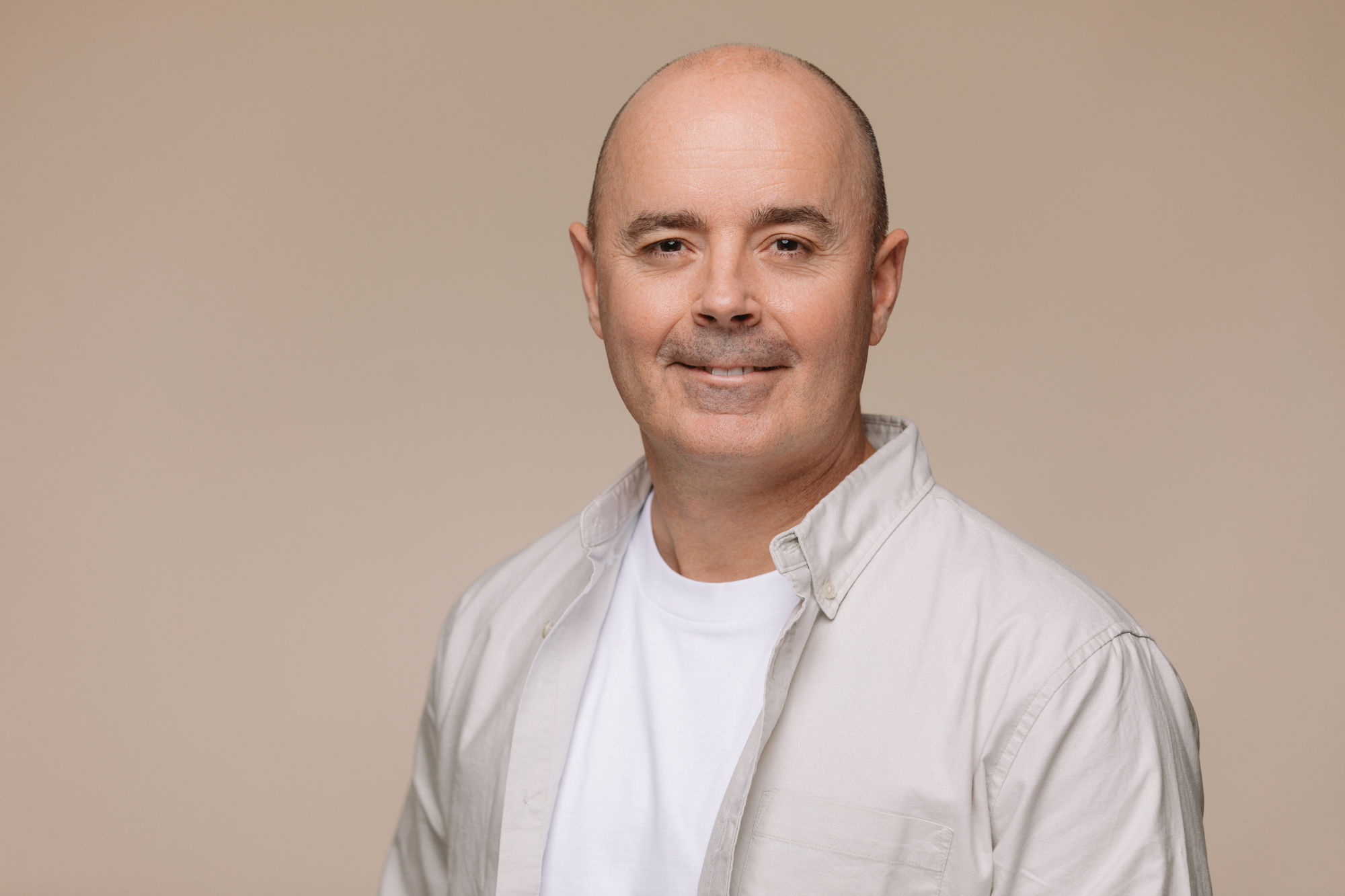The period from adolescence to young adulthood can be complex to say the least. When our mental health is optimal we can get through the day readily, our relationships feel stable, we feel stable and energetic, and we can take on new challenges and cope effectively.
However, many young adults struggle with mental health issues during this phase of their life. In particular, young adults face a range of challenges across life domains. This includes where to live and home life, what to study, finding employment and income, how to direct your life, relationships, and who to be in the world. Our self-concept is evolving and we are growing as people.
Young Adulthood: Rewards and Challenges
Young adulthood is often an exciting time as you move away from home for the first time. Taking on new challenges and increased independence are often rewarding times. However, often during this period our resources can be challenged and stressors can mount. In addition, there are often a huge number of pressures and expectations young adults have to face, particularly in today’s society.
During this time the brain is still in the process of maturing (e.g. developing executive functioning, decision making skills, emotion regulation skills, and self-awareness). Furthermore, we often progress and develop at different rates. For example, some people just know what they want to do, while for others there isn’t always a clear path. For others relationships come naturally while others grapple with self-esteem.
Importantly, past experiences and challenges often shape how we develop and grow. Depending on the context we come from, we might develop particular strengths or carry particular burdens. Our challenges can often build up depending on the supports we have around us.
Mental Health Problems Faced by Young Adults
What often ensues can be a number of mental health challenges. During this period we can often experience heightened stress, anxiety, and depression. Furthermore, concerns with body image and appearance, drug and alcohol use, self-direction, and relationships are also at the forefront.
Furthermore, past and recent traumatic reactions also arise to be worked through during this time. This is the period when we are setting up our life. The coping mechanisms we develop during this time and the choices we make can impact us down the track.
Sometimes these issues can be worked through with support from family or friends. However, often the supports might not go far enough and our concerns might be too complex. If this is the case help from a trained professional and online resources might be a useful next step. if you are concerned about your mental well-being seeking treatment sooner rather than later might be the key.
Common issues that we face:
anxiety: increased worry and or panic related to lifestyle, drug and alcohol misuse and withdrawal, taking on new challenges, work overload and study stress.
Depression: low mood and tearfulness, lost hope and helplessness, apathy, withdrawal, loss of enjoyment, lack of purpose and direction, apathy, withdrawal and isolation, suicidal ideation.
relationships: being stuck in an unhealthy relationship, not being in a relationship, finding connections with others, conflict and drama with friends and family, rescuing others. Isolation and loneliness are other aspects that are at he
alcohol and drug use: excessive use that disrupts relationships or work, anxiety and mood disruption, distorted thought processes, cognition, and judgement.
body image and appearance: often these concerns and life stressors can lead to symptoms or diagnoses of anorexia or bulimia.
Self Direction: Often during this time we are still trying to figure things out, who we are, how we fit in, our social connections.
Self-esteem and confidence: how we value and perceive ourselves, abilities, and other attributes
Social Media: internet and media can be entertaining and informative but can also impact our concentration, mood, self-esteem, and anxiety.
Early onset Psychosis: delusions, hallucinations, altered perceptions, and other unusual experiences
Personality Disorder: persistent patterns of thinking, behaviour and emotion that is dysfunctional, extreme and inflexible (e.g. causing difficulties in functioning across relationships, self, and emotion-regulation)
Improving Mental Health
There are many steps to take in improving your mental health.
- Note down what your key concerns are that you want to work on. What are your goals that you want to achieve?
- Read up on reliable information related to your concerns (Centre for Clinical Interventions)
- Contact professional support. Feel free to call me on 0451 491 395. or Places such as Headspace or Orygen also have information and supports available.
- If you have thoughts, intentions, or plan to harm yourself you need to call 000 or contact Lifeline on 13 11 14, or the Suicide Call Back Service 1300 659 467
- Take gradual steps to building new habits and a healthier lifestyles (e.g. Atomic Habits by James Clear).
- Recognise barriers and blocks that keep you stuck (e.g. self-doubt, fears, negative thought patterns)
- Start to journal and note down unhelpful thought patterns, emotions, or behaviours.
- Notice what triggers or activates unhelpful patterns.
- Talk to friends and family or other people that you feel safe around and that won’t rush to judge.
- Build a regular routine. Exercise, sleep, and diet.
- Tackle your most challenging tasks first thing in the morning. Don’t wait all day and procrastinate. The reward, relief, and sense of achievement will be met sooner.
- Build in pleasant activities and rewards (when our mental health deteriorates we often drop off enjoyable activities). This might include music, reading a novel, being out in nature, going for a walk,
- Delay distractions and Social Media to the evening or your downtime.
- Reduce or stop using alcohol and drugs that might be impacting your mental well-being.
This is just a start to improving your mental well-being. I hope some of this information is useful. Learning about yourself, what your patterns are, and taking steps to seek professional support are the best way to get back on track. Talking to a professional can help you to focus in on the key issues, create regular check-ins on your progress, validate your experience, and hopefully find the pathways back to mental well-being.
Related Articles
When it comes to healing and improving your mental health there isn’t a one size fits all. What worked yesterday might not work [...]
Toxic shame is an emotional experience characterised by feeling bad or negatively about oneself. When we sense we have failed to live up to [...]
When we think of mental health we usually think in terms of symptoms, syndromes, disorders, and diagnoses. We focus on mental illness rather than considering what the qualities of mental health and well-being might actually be.




